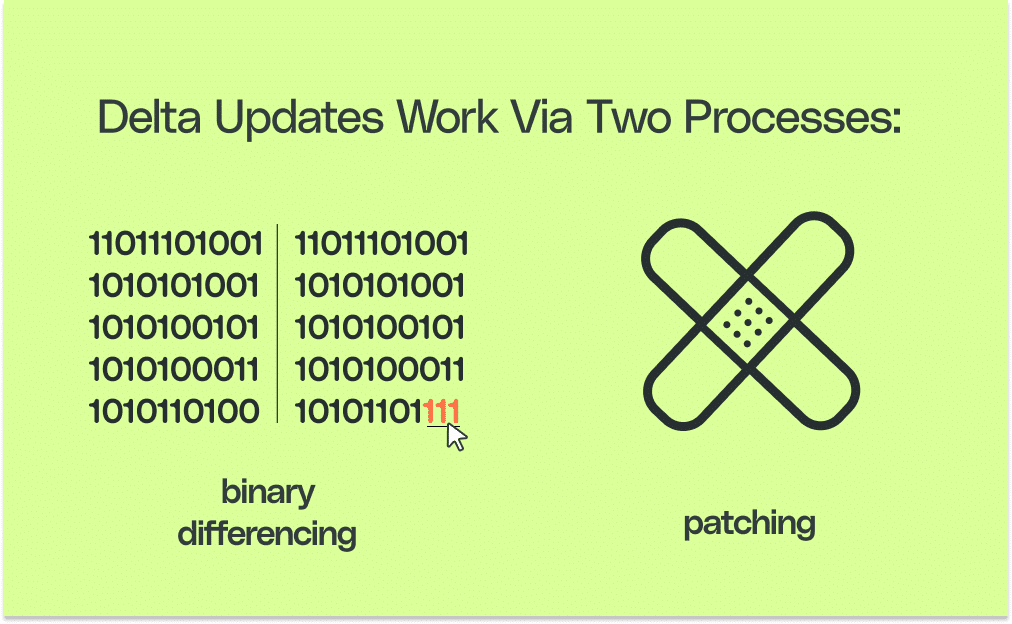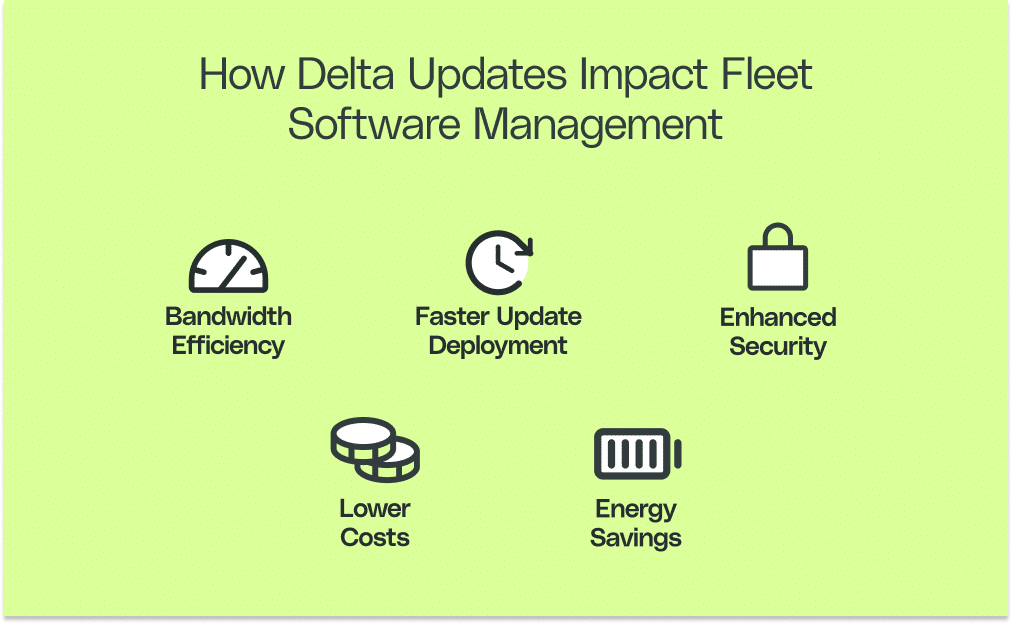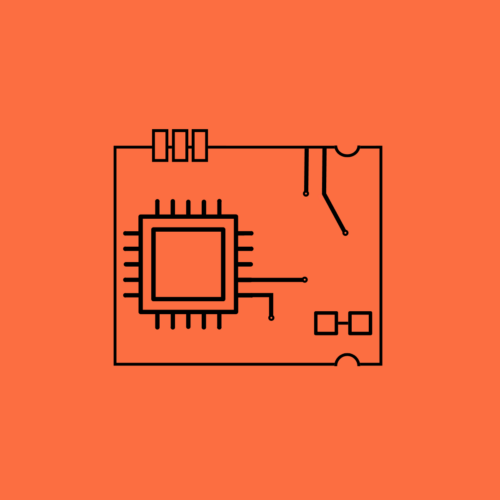BLOG
Reducing the Cost of Fleet Software Management with Delta Updates
Like any software solution, fleet management software operates at peak capacity with frequent updates. Deploying and tracking hundreds of devices is only possible with up-to-date software—but not all system updates are created equally. Laggard updates can put a wrench in any large-scale IoT deployment, draining companies of their time and reducing cost efficiencies.
To optimize the update process, delta updates have emerged as an efficient solution to minimize bandwidth usage, reduce downtime, and lower overall expenses. In this article, we’ll dive into some of the technical aspects of delta updates and explore their benefits in the context of fleet software management.
What Are Delta Updates?
Software updates are traditionally deployed in full, meaning devices receive the entire updated version of the software all at once. This approach can be draining, both in terms of bandwidth and time, especially for large-scale IoT deployments. Delta updates address these concerns by identifying and transmitting only the differences (deltas) between the current and new versions of the software.
Delta updates work via two processes: binary differencing and patching. Algorithms such as xdelta, bsdiff, and Google’s Courgette are employed to analyze the binary files of the current and new software versions. These algorithms compare the files, identify the differences, and generate a compact delta file containing the changes required to transform the current version into the new version.
The delta file is then transmitted to the devices, where a patching process applies the changes to the existing software version, resulting in an updated and fully functional system. The patching process typically employs a reverse algorithm that corresponds to the differencing algorithm used to create the delta file.

How Delta Updates Impact Fleet Software Management
Because delta updates are quicker to install, they’re known for saving time and money. Here are a few of their other benefits.
- Bandwidth Efficiency: Delta updates significantly reduce the amount of data that needs to be transferred, which translates to bandwidth savings and less network congestion. This efficiency becomes more pronounced as companies expand their fleet sizes.
- Faster Update Deployment: Smaller delta files enable quicker transmission and application of updates, minimizing device downtime and expediting the overall update process. This speed is particularly beneficial in time-sensitive environments where prolonged downtime can result in substantial financial or operational losses.
- Lower Costs: The bandwidth and time savings associated with delta updates translate directly to reduced data transmission and device maintenance costs. Additionally, minimizing the risk of network congestion and device downtime can mitigate potential secondary costs related to disrupted operations or customer dissatisfaction.
- Enhanced Security: Frequent and rapid updates enabled by delta updates allow for prompt mitigation of discovered vulnerabilities. This enhanced security posture is vital in IoT environments, where the potential exploitation of a single device can have widespread ramifications across the entire fleet.
- Energy Savings: By reducing the volume of data transmitted and the time taken for updates, delta updates contribute to energy savings in both data transmission and device operation.

The Future of Fleet Software Management
Delta updates offer a highly efficient solution for managing software updates in connected device fleets. By identifying and transmitting only the differences between software versions, delta updates provide substantial benefits in terms of bandwidth efficiency, faster deployment, lower costs, enhanced security, and energy savings. As IoT deployments continue to grow and evolve, delta updates will play an increasingly important role in ensuring optimal software management and device performance.









